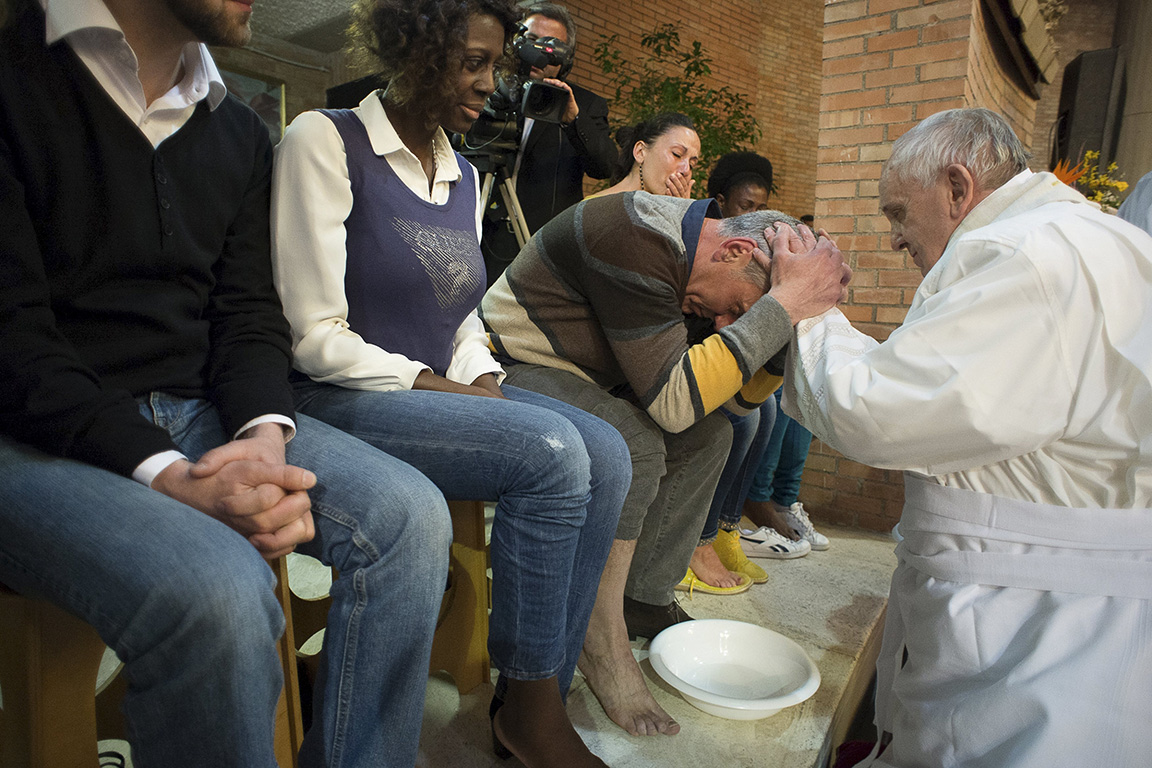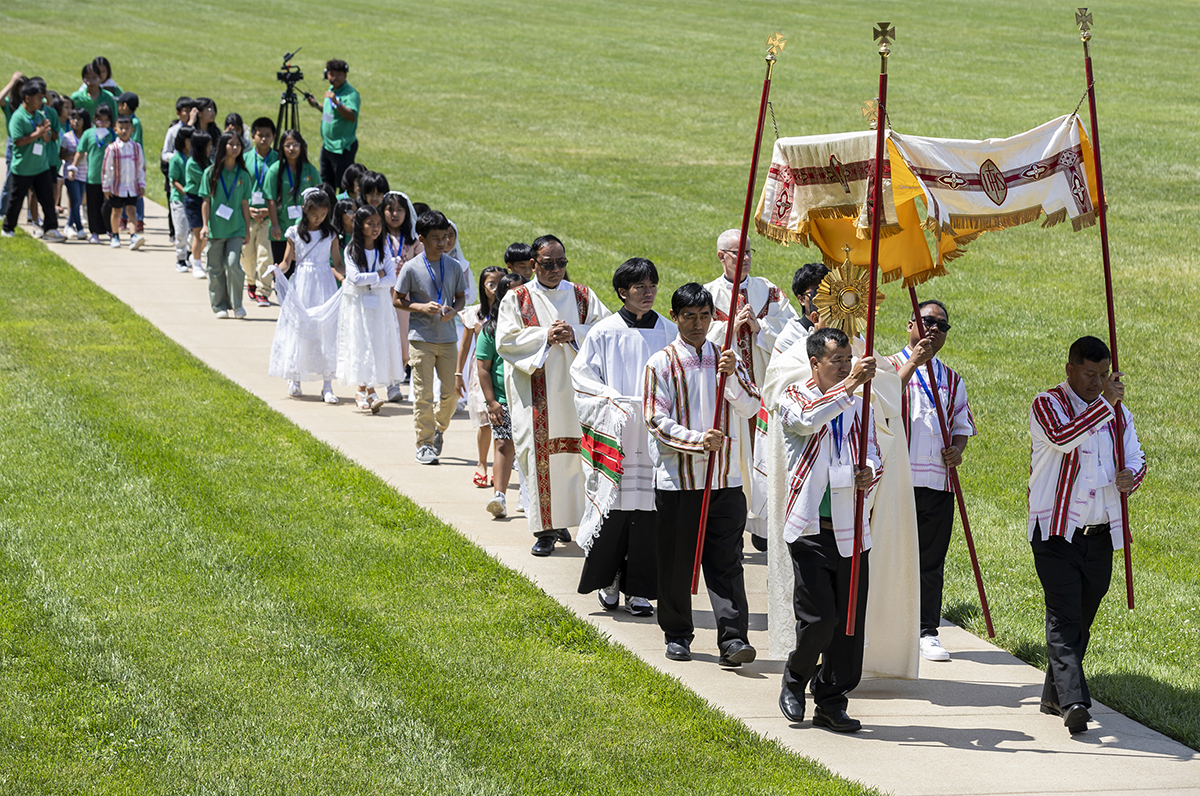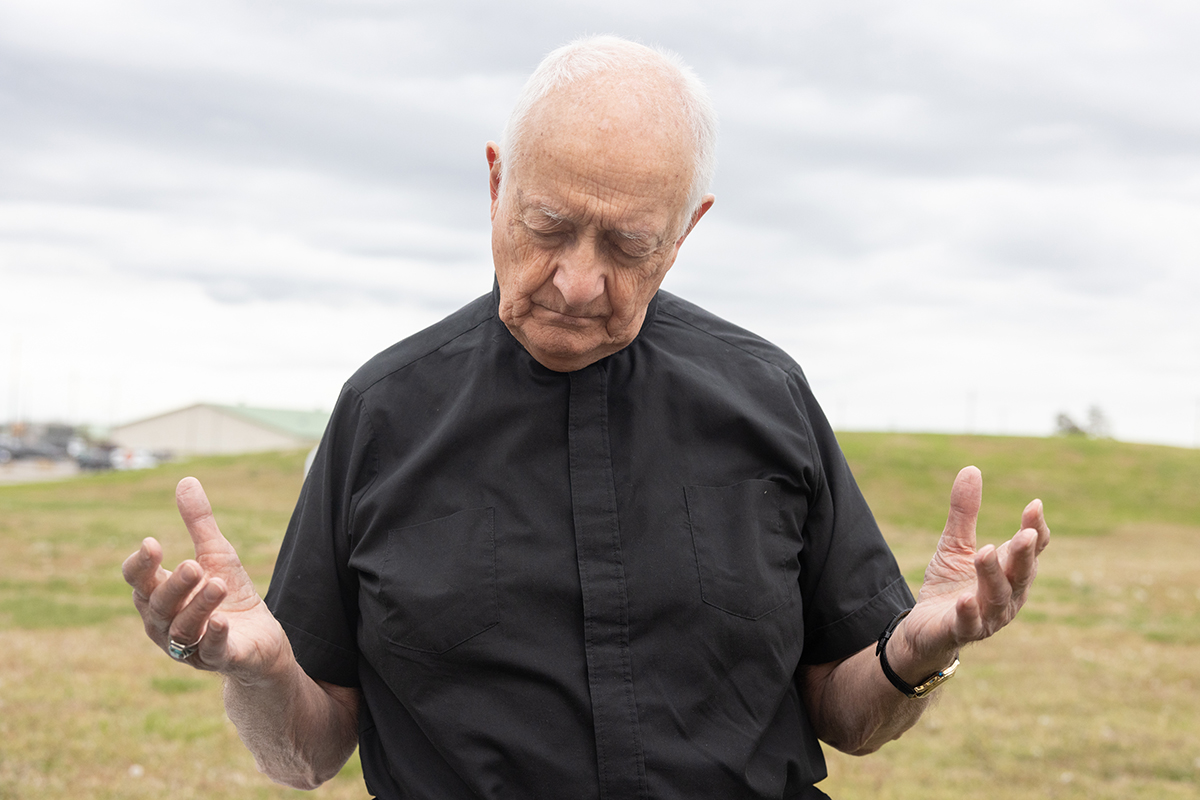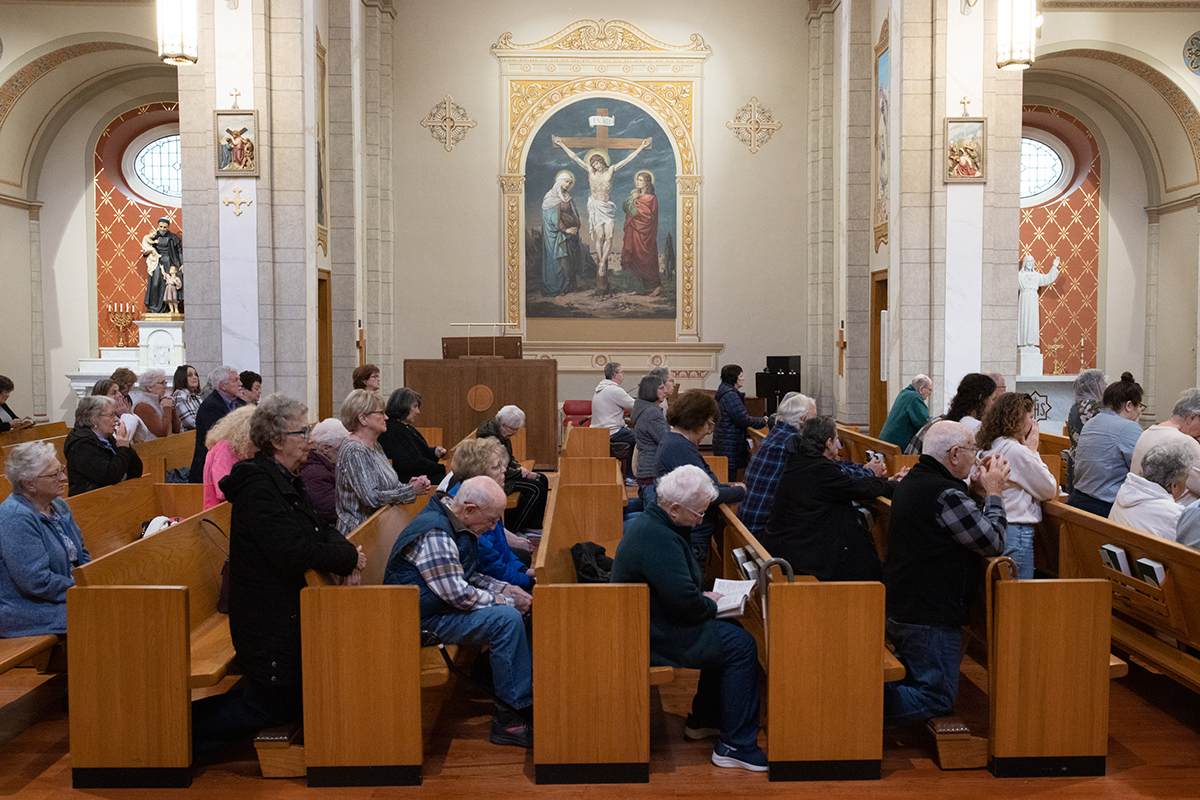‘No stepping back’ from the Church’s opposition to the death penalty

In 2018, Pope Francis reworded section of catechism to state ‘the death penalty is inadmissible’
Pope Francis was a strong advocate for abolishing the death penalty around the world throughout his pontificate.
In 2018, Pope Francis directed an update to the Catechism of the Catholic Church to state “the Church teaches, in light of the Gospel, that ‘the death penalty is inadmissible because it is an attack on the inviolability and the dignity of the person,’ and she works with determination for its abolition worldwide” (CCC 2267).
While the death penalty was long considered an appropriate response to the gravity of certain crimes, there is an “increasing awareness” that a person’s dignity is not lost even after committing those crimes; more effective detention systems have also been developed to ensure the protection of citizens, the catechism says.
In 2020, two years after the catechism’s update, Pope Francis’ encyclical “Fratelli Tutti” reiterated that there is “no stepping back” from the Church’s opposition to the death penalty.
“Let us keep in mind that ‘not even a murderer loses his personal dignity, and God Himself pledges to guarantee this,’” Pope Francis wrote, echoing St. John Paul II’s “Evangelium Vitae.” “The firm rejection of the death penalty shows to what extent it is possible to recognize the inalienable dignity of every human being and to accept that he or she has a place in this universe. If I do not deny that dignity to the worst of criminals, I will not deny it to anyone.”
Bishop Mark S. Rivituso is actively involved in prison ministry — including to those on Missouri’s death row — and in advocacy to end the death penalty in the state of Missouri.
“This is very close to my heart, because as I go out, especially to minister in prisons, this is close to their hearts,” he said. “Every time I have Mass with them, it’s opened up for petitions, and someone will offer a petition for the abolition of the death penalty.”
Bishop Rivituso has seen an increase in support to end the death penalty in the past few years, he said. Pope Francis was by no means the first pope to speak out against the death penalty, but the pope did bring greater awareness to the issue, he said.
“If we have pro-life issues, we need to bring them to an awareness where people understand how this particular issue affects the dignity and sacredness of human being, from conception to natural death,” he said.
“We’re greater by not looking for the death penalty, but rather, how can we serve with the care that we should give to everyone, and to those who are incarcerated?” he continued. “We always remember to uphold the dignity of every person and hold them as sacred.”
Donna Walmsley, a parishioner at St. Cletus in St. Charles, has been involved with Missourians to Abolish the Death Penalty since the late 1990s. During his pontificate, Pope Francis has brought a deeper clarity to the issue, she said.
“I think Pope Francis’ openness and his evolution of the teaching as a statement of the catechism has certainly provided a much easier and clearer pathway for pastors to speak about it and address the issue, because it is still an issue of struggle for a number of Catholics,” she said.
When speaking to Catholic groups about the death penalty, she always includes words from Pope Francis to help them understand that “this is an integral teaching of the Church — it’s part of our pro-life teaching, from the womb to the tomb, so it’s something we as Catholics really need to take into our hearts and consciences,” she said.
She also recalled Pope Francis’ emphasis on accompanying those in prison, including his Jubilee Year 2025 visit to Rome’s Rebibbia prison, where he opened a Holy Door, and his practice of washing the feet of prisoners on Holy Thursday.
“Pope Francis (was) putting himself in the role of Jesus, washing the feet of the prisoners, saying: We all have dignity. They may have done something terribly wrong, but it doesn’t diminish who they are as people,” Walmsley said. “So his pastoral example I think has done just as much, perhaps, as the changing of the catechism.”






